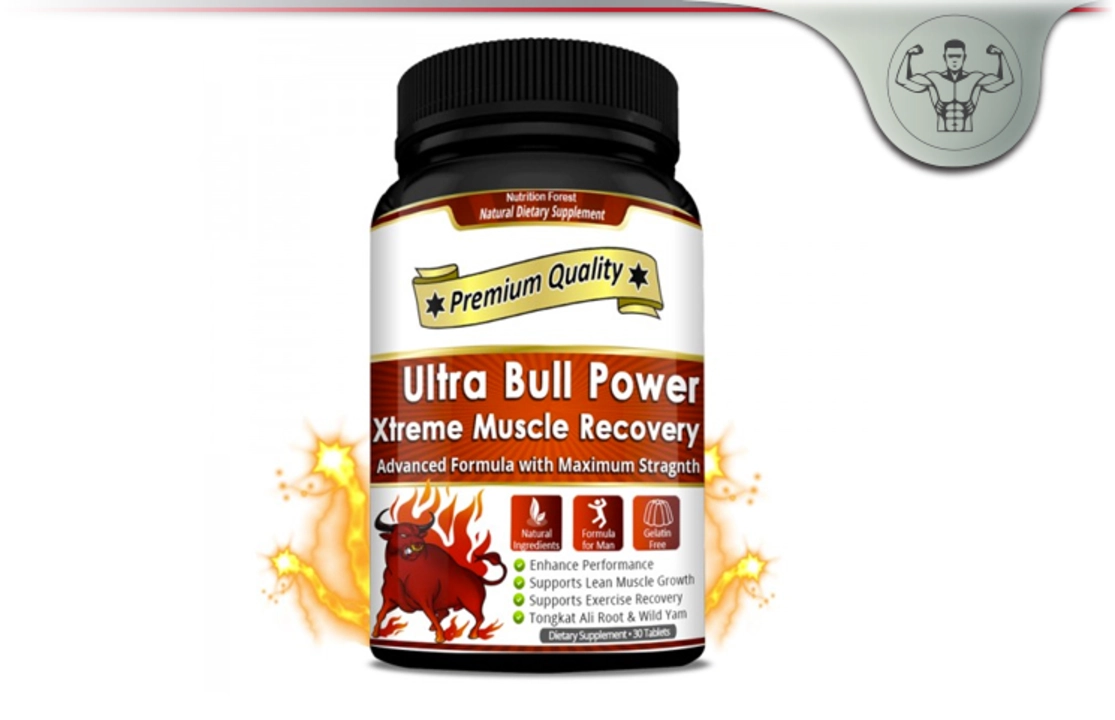Natural Dietary Supplements: Smart Choices & Safety Tips
Looking to add natural dietary supplements to your routine? Good. Supplements can help fill gaps in your diet, support energy, gut health, and immune function. But "natural" doesn't automatically mean safe or effective. This page gives clear, practical tips so you pick the right products and avoid common mistakes.
First, match supplements to a real need. If your doctor says your vitamin D is low, a D supplement makes sense. If you eat little fish, omega‑3s can top up EPA and DHA. Want better digestion after antibiotics? A probiotic with specific strains may help. Think of supplements as targeted tools, not magic fixes.
Common natural supplements and what evidence says
Here are some widely used options and what they often do for people:
Omega‑3 (fish oil): Supports heart health and lowers triglycerides when taken at recommended doses. Look for EPA/DHA content on the label.
Vitamin D: Helps bone health and immune response, especially if you have low blood levels or limited sun exposure.
Probiotics: Certain strains can reduce antibiotic‑related diarrhea and support gut balance. Strain and dose matter, so pick products that list both.
Magnesium: Can help people with muscle cramps, poor sleep, or mild constipation. Different forms (oxide, citrate, glycinate) act differently—check which fits your need.
Turmeric / Curcumin: Some people use it for mild inflammation. Absorption varies—formulas with added black pepper (piperine) or special delivery systems work better.
How to choose a quality supplement
Follow these quick, practical checks before you buy:
1) Look for third‑party testing seals (USP, NSF, or consumer lab reports). That reduces the risk of contaminants and incorrect dosing.
2) Read the label. Choose products that list active ingredients and exact amounts. Avoid vague “proprietary blends” that hide doses.
3) Check the expiration date, storage instructions, and allergen info (soy, gluten, shellfish). If you have a medical condition or take prescription meds, get a thumbs‑up from your clinician.
4) Start with the dose used in trials or follow package directions—don’t assume more is better. Keep a short trial period to judge effects, and stop if you get side effects.
Safety tip: natural supplements can interact with drugs (blood thinners, blood pressure meds, thyroid medication). Pregnant or breastfeeding? Avoid supplements unless your provider says it’s safe.
Want help picking a product? Use the site search to find articles on specific supplements and medications. If you suspect an interaction or a bad reaction, contact your healthcare provider right away.
Choosing smartly means fewer surprises and better results. Treat supplements like part of your health plan—not a substitute for good food, sleep, and medical care.

Wild Yam: The Unsung Hero of Natural Dietary Supplements
Recently, I came across an incredible natural dietary supplement called Wild Yam, and I just had to share the benefits of this unsung hero. Wild Yam has been used for centuries for its numerous health benefits, such as assisting in hormone balance and easing menstrual cramps. Apart from that, it's known to lower inflammation and even help with digestive issues. It's definitely worth considering if you're looking for a natural way to improve your overall health. I'm excited to add this amazing supplement to my daily routine and experience the benefits for myself.
